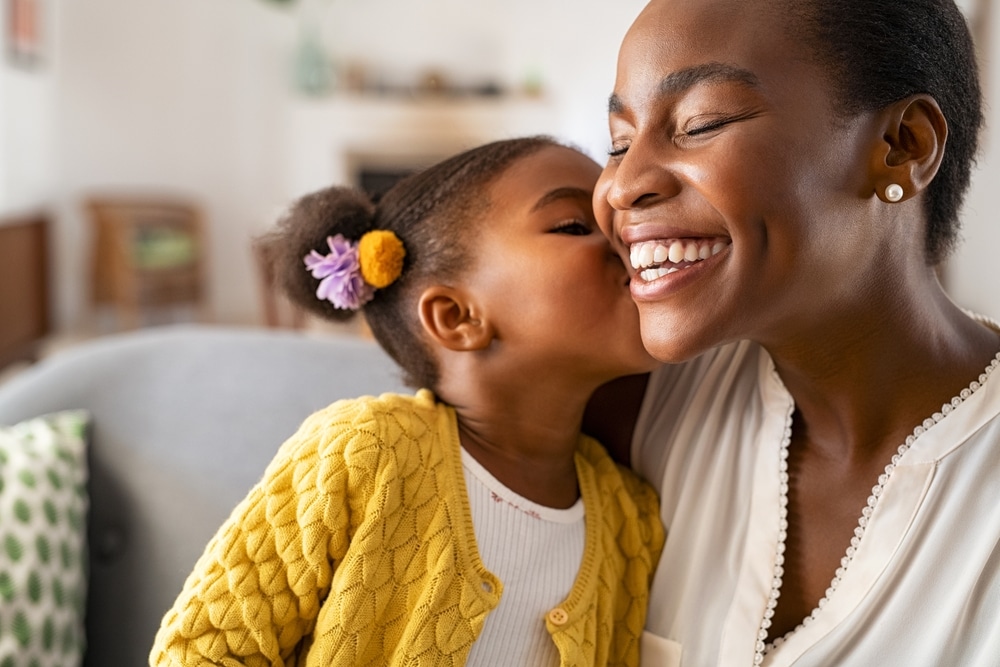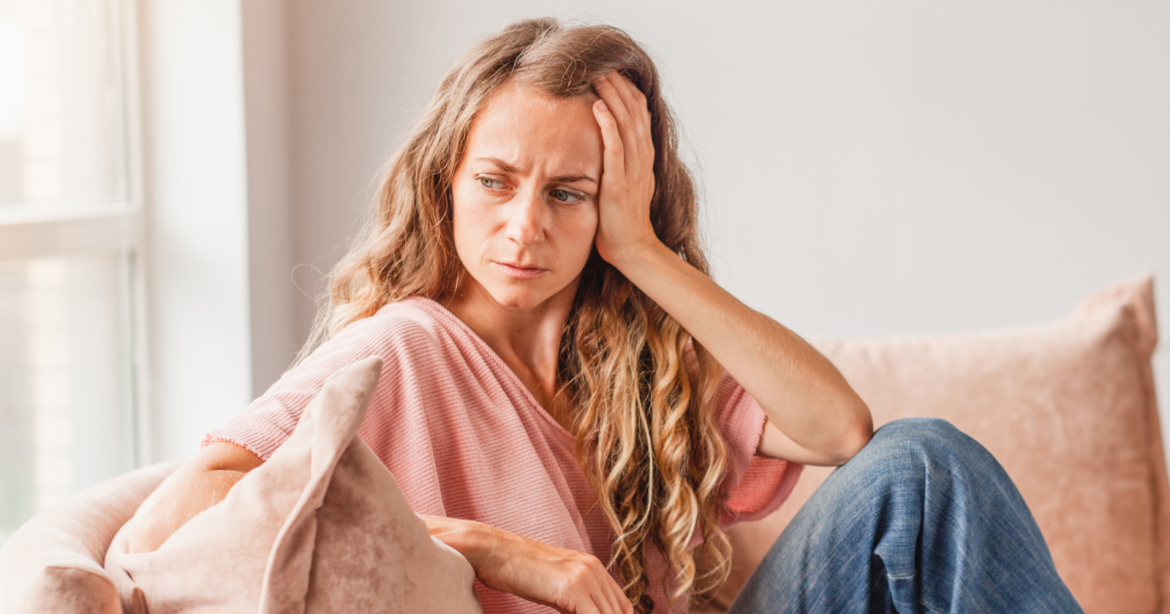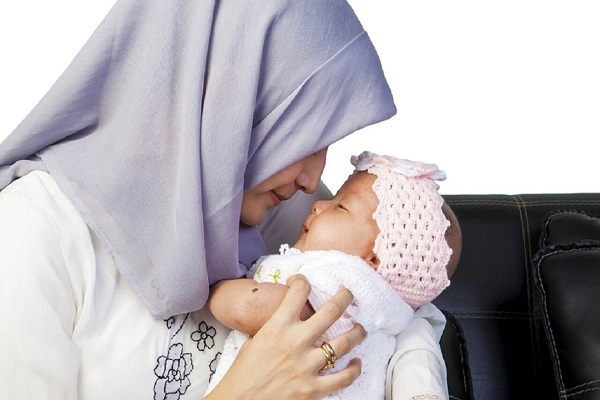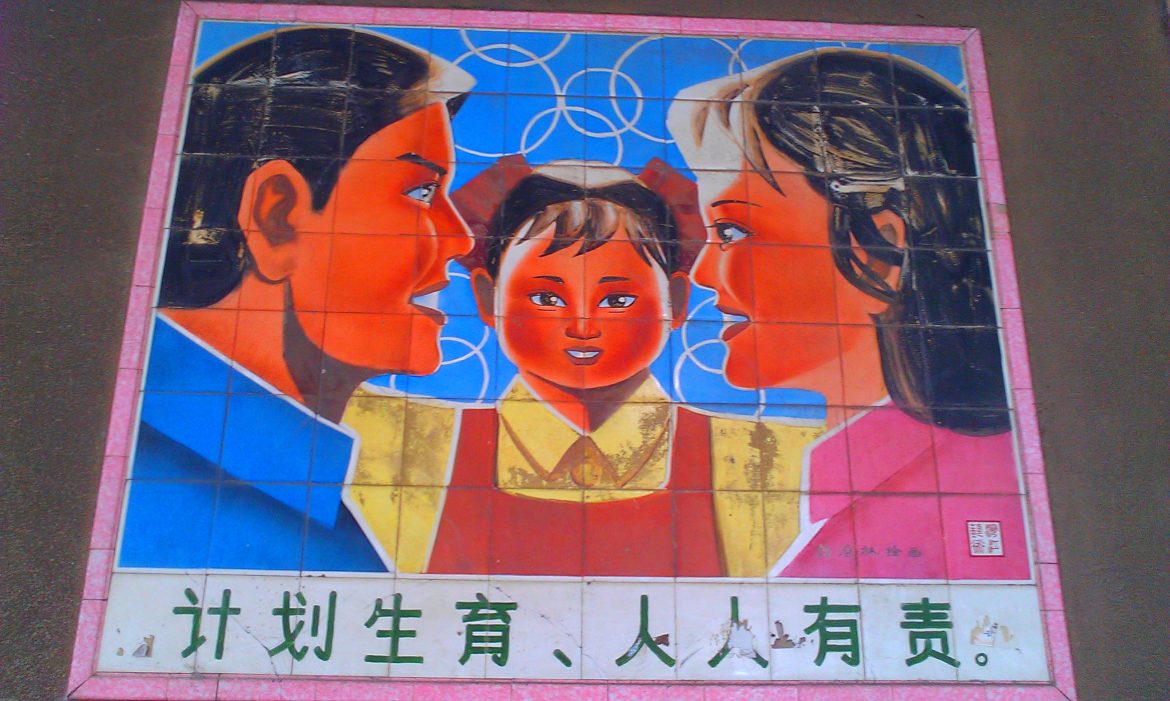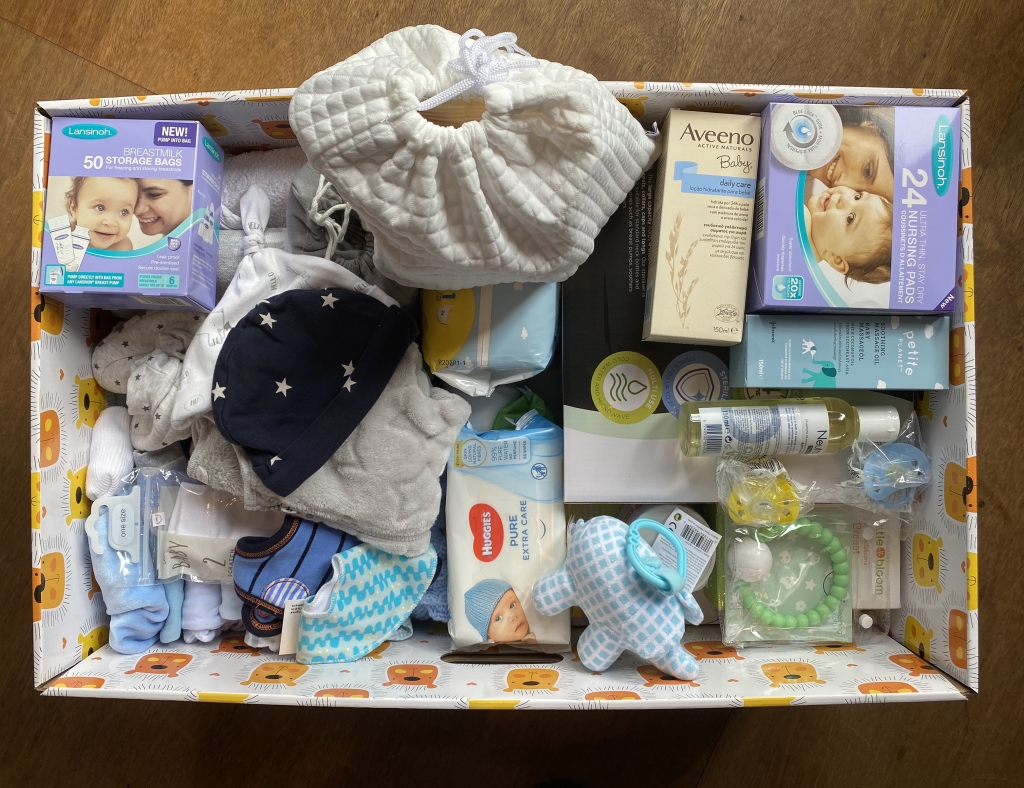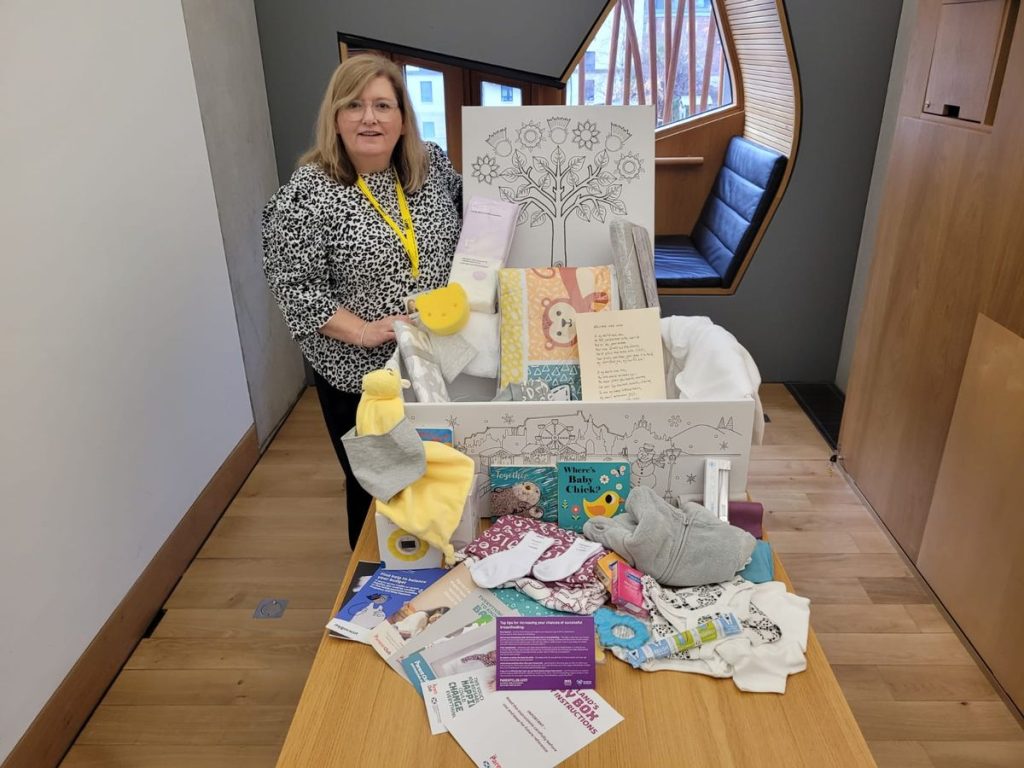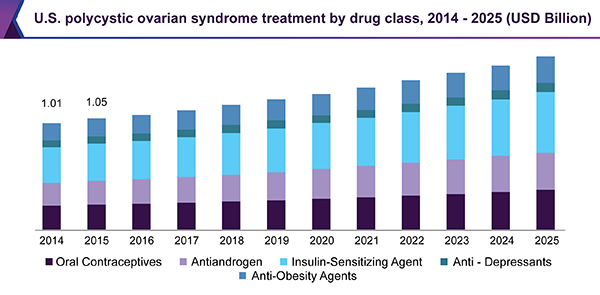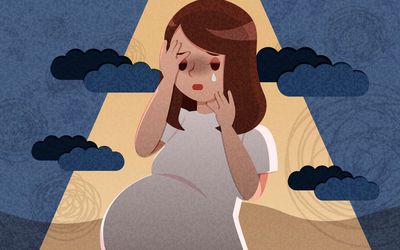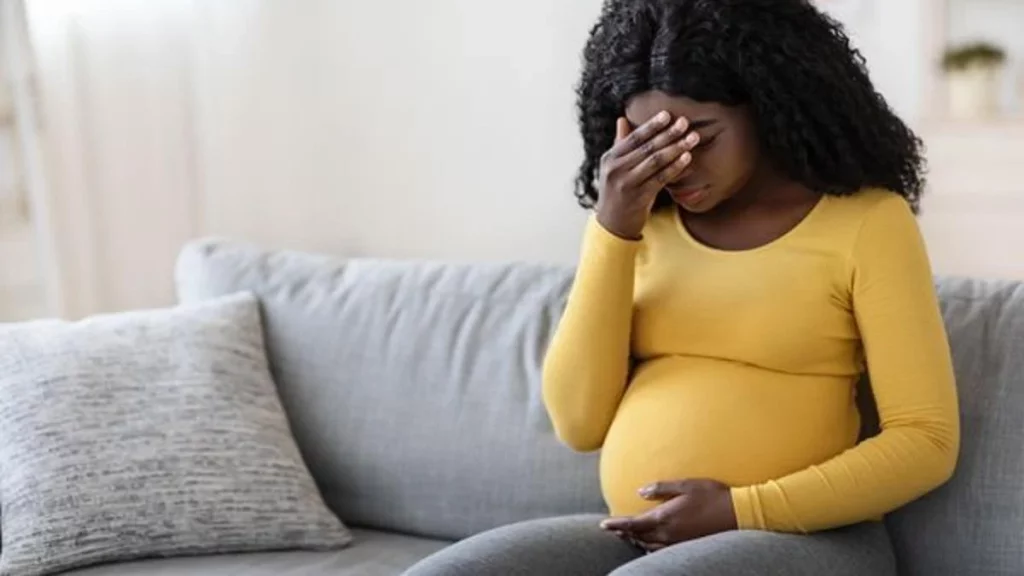In recent years, debates around childbirth, women’s roles, and motherhood have returned to the center of U.S. political and social discourse.
By: Faeze Aghamohammady
Unlike past decades—when motherhood was often framed as regressive—even advanced societies like America are now redefining the value of motherhood. Yet, feminist movements continue resisting this shift, marginalizing women’s natural and historical role while seemingly denying women the choice to become mothers.
Choice or Coercion?
A striking paradox in modern feminist discourse is its emphasis on “women’s freedom of choice” while framing motherhood as a form of surrender to patriarchy. Women who prioritize motherhood over careers or academia are often labeled victims of oppression. This mindset pressures young Western women to choose between social success and motherhood—ignoring the reality that balancing both is achievable.
Modern America’s Return to Motherhood Values

Ironically, the U.S.—a symbol of progress and liberalism—is now redefining family and motherhood. Republican politicians (and even some Democrats) are elevating motherhood as a social asset, not an obstacle. Declining birth rates have spurred economic leaders to conclude that sustaining modern civilization requires strengthening families and mothers.
Republican Pro-Family Policies
Key GOP strategies include:
- Tax cuts for larger families
- Direct financial aid for parents
- Housing and education subsidies
- Support for expanded paid parental leave
This conservative approach links population growth to family-centered cultural values. Republicans also oppose abortion, framing it as legal protection for childbirth and life.
Women Don’t Need Permission
Critically, women don’t require feminism’s approval to become mothers. Motherhood stems from nature, instinct, and personal desire. True feminism should celebrate this choice without judgment. Motherhood isn’t weakness—it’s a civilization-building role indispensable to society’s future.
The Path Forward
It’s time to move beyond defining female success solely through careers. A holistic vision must honor motherhood as a valid, dignified path. Today’s world needs mothers who raise the next generation with wisdom, love, and strength.


